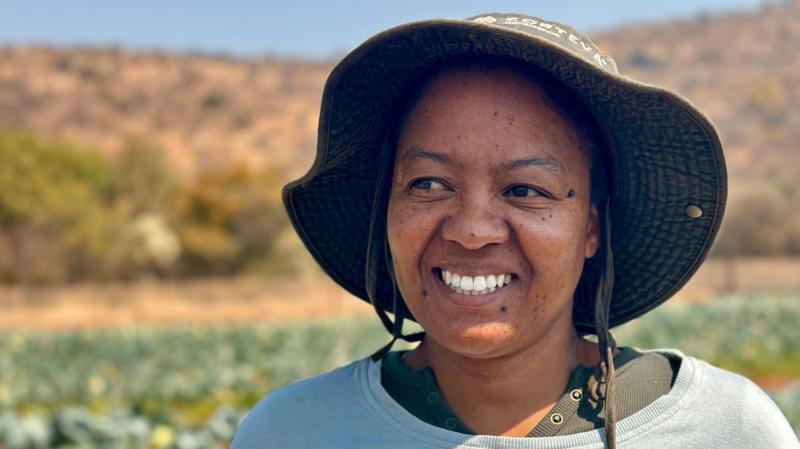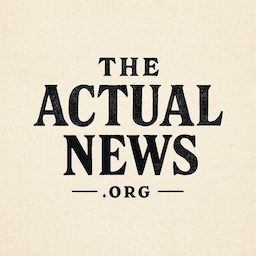Summary
African researchers have created a large dataset of spoken African languages to help develop AI tools that work in these languages. This effort aims to include more diverse languages in AI development, as current AI tools mostly focus on English and other major languages. The project hopes to expand to more languages in the future.
Key Facts
- Africa has over a quarter of the world's languages, but many are not included in AI development.
- Most current AI tools, like ChatGPT, are trained on English and other major languages with a lot of written data.
- African languages are often spoken rather than written, so there is less text data available for AI training.
- Researchers created a dataset of 9,000 hours of speech in 18 African languages from Kenya, Nigeria, and South Africa.
- The project, called Africa Next Voices, aims to make AI tools more inclusive for African language speakers.
- The project received $2.2 million funding from the Gates Foundation.
- The dataset will be open access, allowing developers to create AI tools for translation and transcription in African languages.
- An AI app, AI-Farmer, helps farmers like Kelebogile Mosime by using local languages to solve farming challenges.

